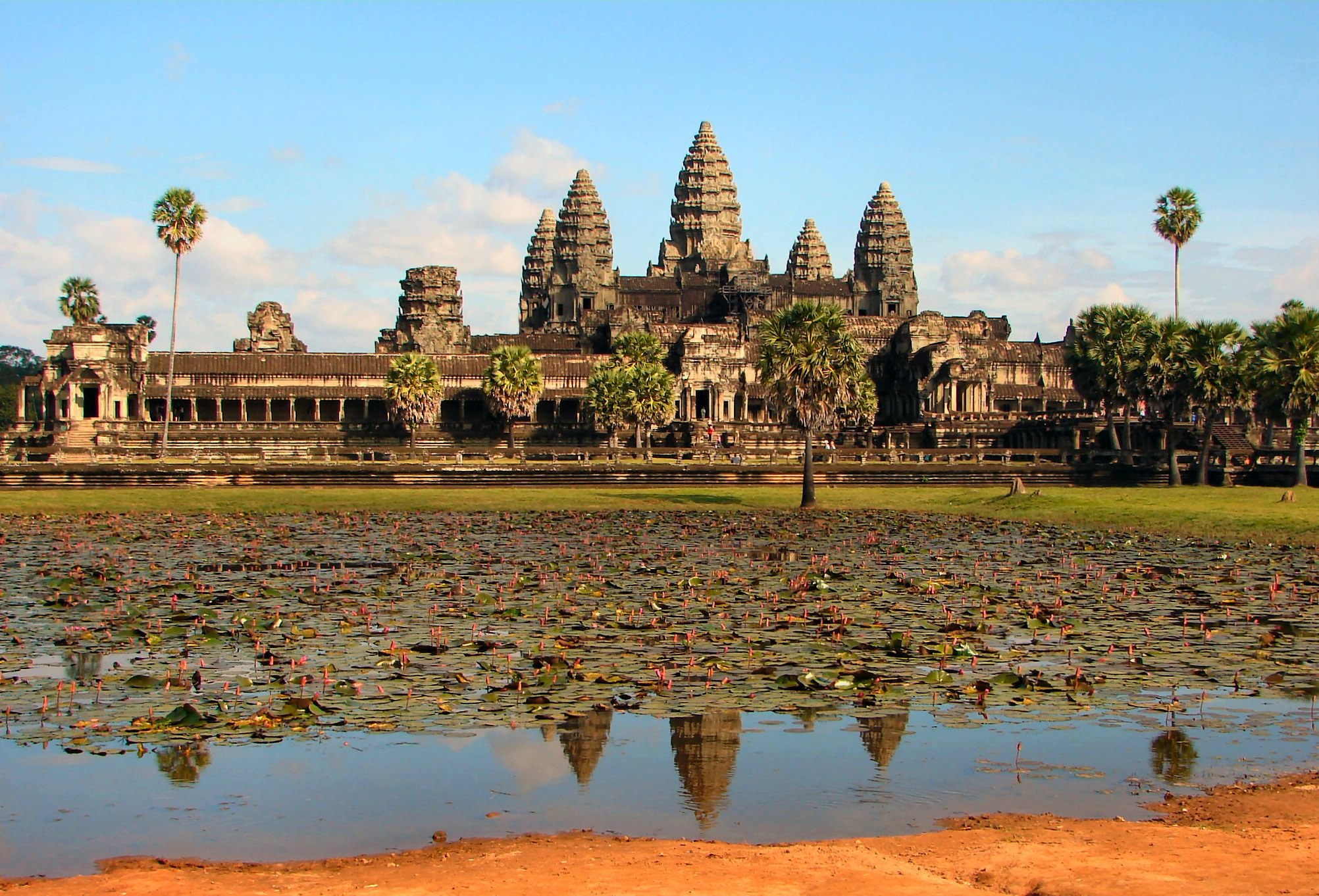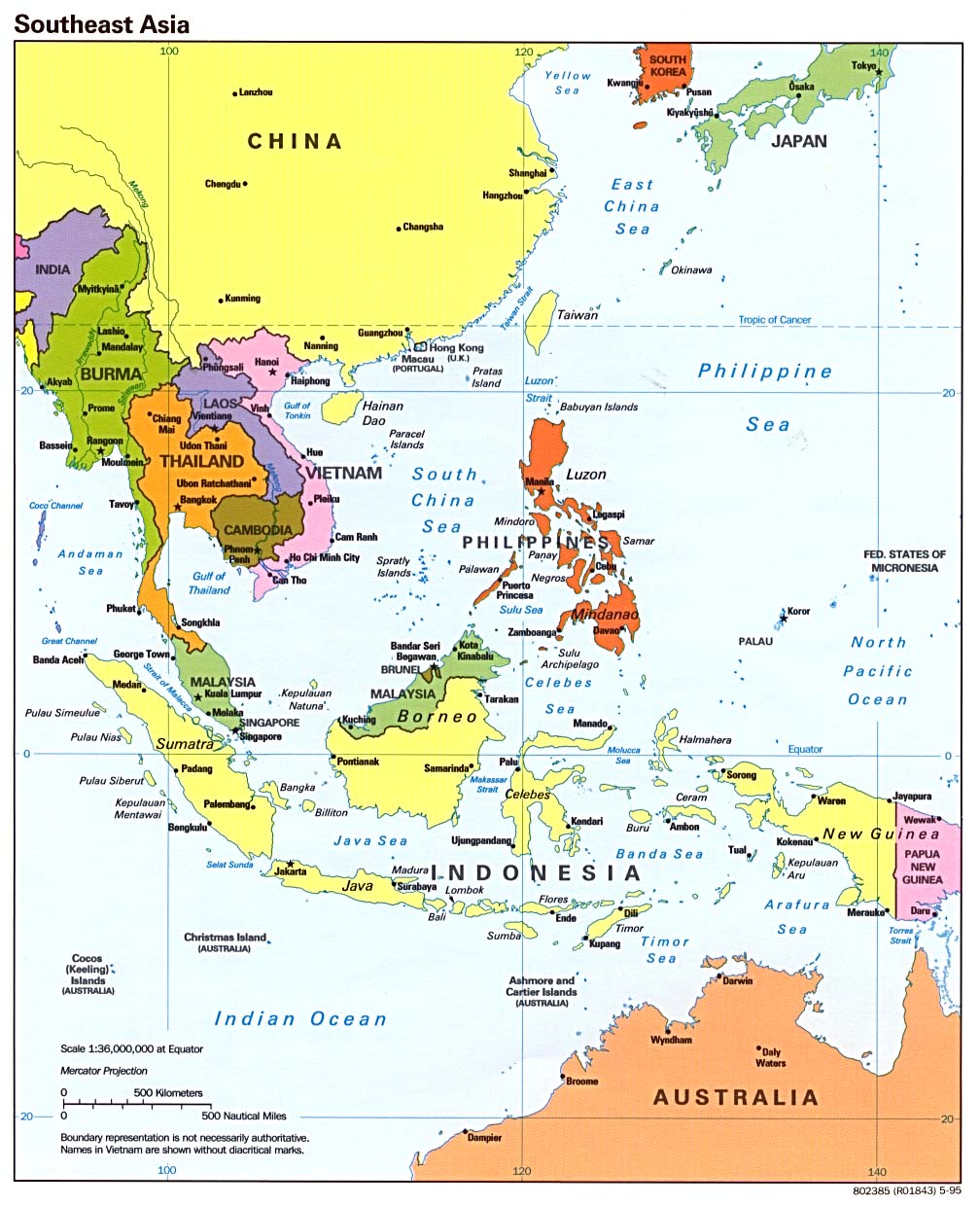New Directions in Environmental Governance
The Project
The project team is researching key controversies and questions that are being provoked by the way that environmental governance is being transformed by the involvement of private actors such as corporations and conversations groups, as well as market and buyer-driven sustainability schemes such as Payments for Ecosystem services.
The research will focus on controversies surrounding the growth of plantations, aquaculture, forestry and fisheries in Mainland Southeast Asia, and consider the effects and effectiveness of different regulatory approaches for promoting social and environmental sustainability in mainland Southeast Asia: Thailand, Laos, Cambodia, Vietnam, and Yunnan (China).
The Research
New Directions in Environmental Governance will first examine emerging forms of private governance and how these interact with state regulation and the actions of resident peoples or rural communities. Secondly, NDEG will plan out how to trace the ways buyers in Canada and elsewhere are becoming involved with their suppliers in Southeast Asia, as they are pressured to ensure that the products they buy are produced in a sustainable and socially-just manner.
Why Southeast Asia?
Southeast Asia is an important source of both forestry and fisheries products for local and global markets. However, the rapid expansion of industrial plantations such as palm oil and rubber, of industrial aquaculture including shrimp farming, and industrialization of fishing, has often led to the marginalization or displacement of resident farmers and small scale fishers. These activities are also associated with controversial labour practices such as the widely publicized ‘slave labour’ in Thai fisheries, and precarious migrant labour in processing factories.





